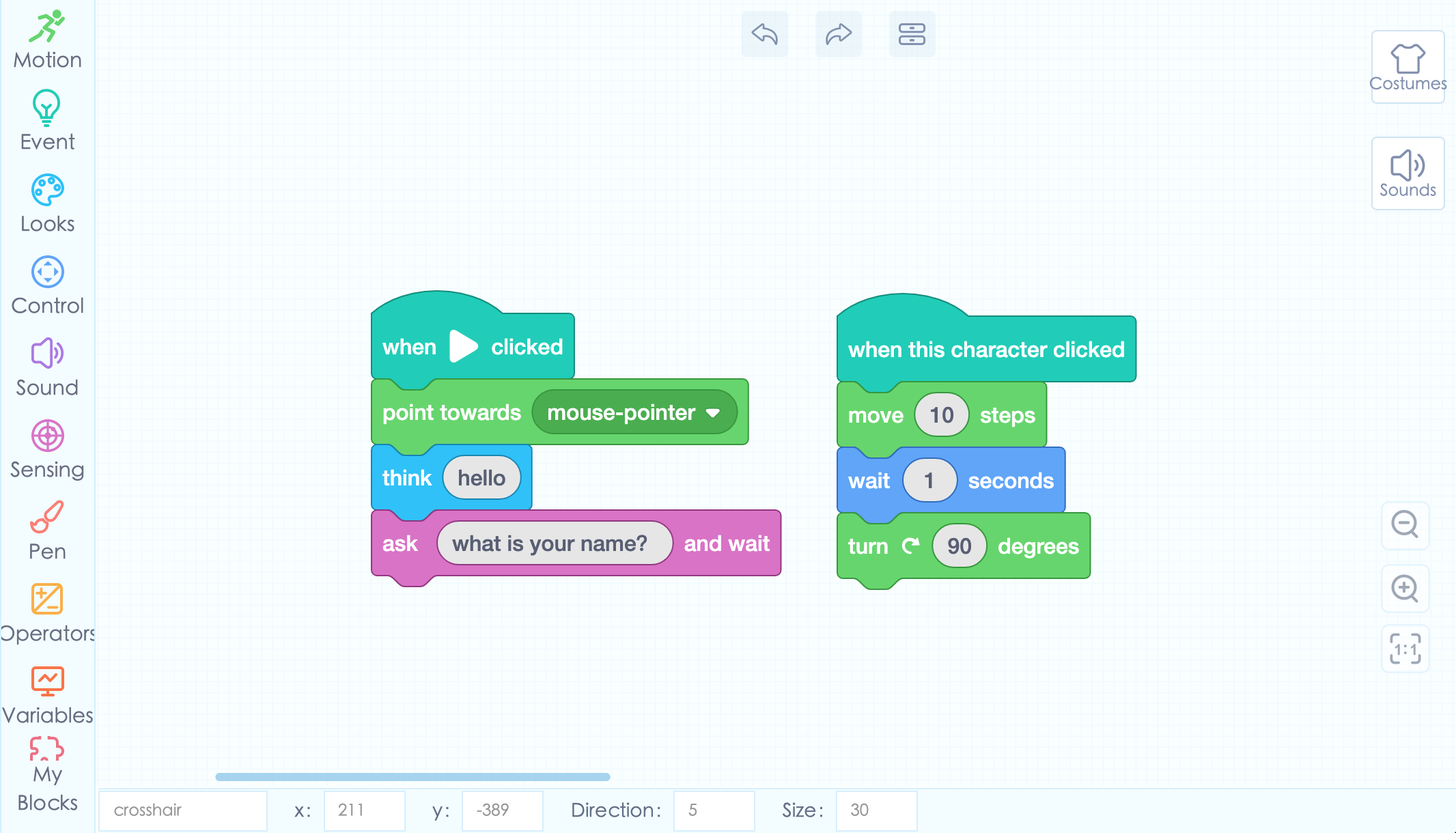As our world becomes increasingly digital, coding, or the ability to communicate with computers, emerges as an essential skill. Like any language, it’s easier absorbed at a younger age. But just like learning a new spoken language or mastering a musical instrument, young children often encounter obstacles in their coding journey. Here’s a deep dive into the most common coding hurdles and how you, as a parent, can guide your child through them.
Why Coding for Kids?
Before addressing the coding hurdles, it’s crucial to understand why coding education is worth the effort. Coding:
-
Develops logical thinking: Coding is, at its core, solving problems step by step.
-
Boosts creativity: From designing games to animating stories, coding is a form of self-expression.
-
Enhances resilience: Kids learn that failing is part of the process, encouraging them to try again.
Now, onto the challenges:
Coding Hurdle #1: Overwhelming Jargon
The Problem: Coding comes with its language – variables, functions, loops. For a young mind, these terms can be intimidating.
The Solution: Start with visual-based programming languages like Scratch or Blockly. They allow kids to drag and drop blocks to create code, reducing reliance on jargon and easing them into the process.
Coding Hurdle #2: Impatience with Errors
The Problem: Kids, especially younger ones, might be frustrated when their code doesn’t work, leading to impatience or a loss of interest.
The Solution: Emphasize that making mistakes is part of the learning journey. Parents can celebrate small milestones and highlight the importance of persistence. Using storylines, such as debugging being like “solving a mystery,” can make it more engaging.
Coding Hurdle #3: Lack of Practical Application
The Problem: Learning in isolation, without seeing real-world applications, can make coding seem pointless.
The Solution: Integrate coding projects into their hobbies. If they love stories, encourage them to code an animation. If they’re into games, introduce platforms where they can design their own.
Coding Hurdle #4: Feeling Isolated
The Problem: Coding can, at times, feel solitary. Without peers, children may feel disconnected or demotivated.
The Solution: Enroll them in coding camps, join coding clubs, or even set up virtual coding playdates. When they see peers navigating the same challenges, it fosters camaraderie and collaborative problem-solving.
Coding Hurdle #5: Fear of Complexity
The Problem: As kids progress, they might perceive advanced coding concepts as too complex and feel anxious or overwhelmed.
The Solution: Introduce complex ideas slowly. Use metaphors or daily life examples. For instance, explain variables as “containers” holding information, making it relatable.
Coding Hurdle #6: Inconsistency in Practice
The Problem: Like any skill, consistency in practice is vital. Kids, with their myriad interests, might not code regularly.
The Solution: Set a routine. Dedicate specific times during the week for coding, making it part of their daily rhythm.
How Parents can Support Their Kids to Overcome Coding Hurdles
Beyond overcoming specific coding hurdles, here are general strategies for parents:
-
Stay Engaged: Show interest in what they’re creating. Your enthusiasm can be contagious!
-
Continuous Learning: The world of coding is ever-evolving. Encourage them to explore new languages or platforms.
-
Resources: Invest in age-appropriate coding books, online courses, or kits.
-
Be Patient: Remember, every child learns at their pace. Celebrate small achievements and reinforce the joy of learning rather than just the outcome.
Conclusion
Coding is more than a technical skill; it’s a new form of literacy. While the journey might be filled with coding hurdles, with the right support and resources, any child can not only overcome these challenges but also thrive. As parents, our role isn’t to have all the answers, but to guide, encourage, and celebrate our young coders every step of the way. Your child’s coding adventure is just beginning, and with your support, the digital world is their oyster.






